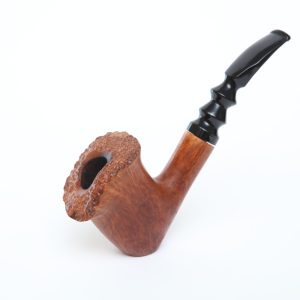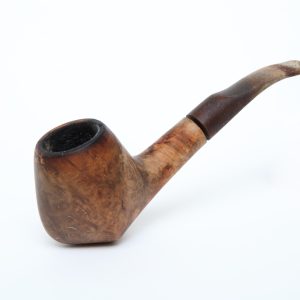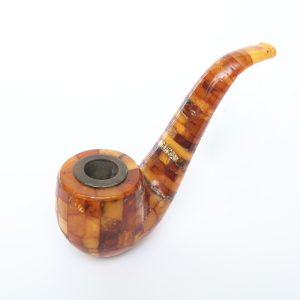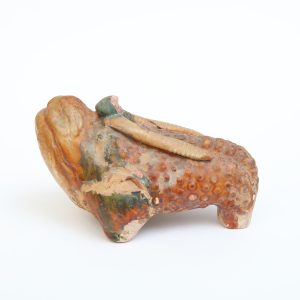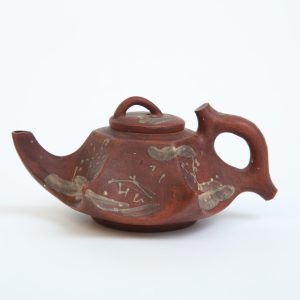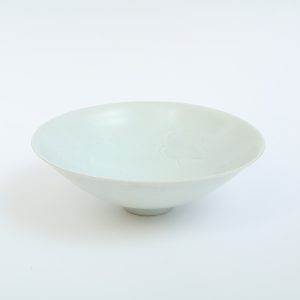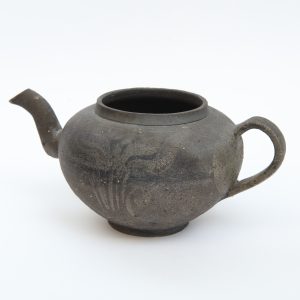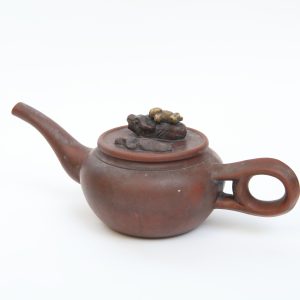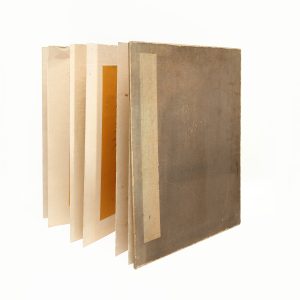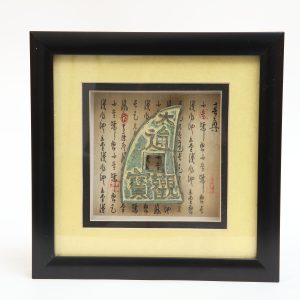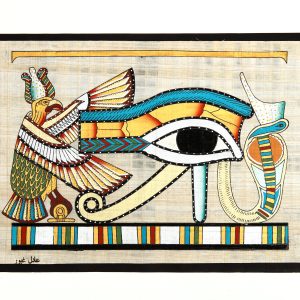If Fan Chou were still alive, how might he manage his collection? Lacking a will that designates specific individuals for certain items, we have decided to photograph all the artifacts and upload them online for visitors to enjoy.
If Fan Chou were still alive, how might he manage his collection? Lacking a will that designates specific individuals for certain items, we have decided to photograph all the artifacts and upload them online for visitors to enjoy.
While the market value of each item is one factor to consider, its true worth lies in the viewer’s perspective.
Each piece is crafted by skilled hands and thoughtful minds from around the globe, reflecting the time and effort invested in its creation.
These items once inspired awe, appreciation, and contemplation in Fan Chou as he handled and admired them at various moments.
From “Conversations with God,” Volume 3, page 471
The notion of “personal ownership” for highly evolved beings refers to their responsibility for all the valuable things they care for. Their relationship with objects is one of “cherishing.” In your terminology, this aligns closely with “stewardship.” Highly evolved beings are stewards, not “owners.”
The concept of ownership and its implications is not part of their culture. There is no notion of personal belongings or individual ownership. Rather than possess, they cherish. They embrace, love, and care for things without claiming them as their own.
Human possession stands in stark contrast to the cherishing nature of these evolved beings, a distinction best captured in your language.
The above excerpt was translated from Chinese on the website books.com.tw.
From “Conversations with God,” Volume 3, page 471
The notion of “personal ownership” for highly evolved beings refers to their responsibility for all the valuable things they care for.
Their relationship with objects is one of “cherishing.” In your terminology, this aligns closely with “stewardship.” Highly evolved beings are stewards, not “owners.”
The concept of ownership and its implications is not part of their culture. There is no notion of personal belongings or individual ownership.
Rather than possess, they cherish. They embrace, love, and care for things without claiming them as their own.
Human possession stands in stark contrast to the cherishing nature of these evolved beings, a distinction best captured in your language.
The above excerpt was translated from Chinese on the website books.com.tw.
-
煙斗(PS)
煙斗工藝之魂
-
煙斗(PS)
一支煙斗的生活哲學
-
煙斗(PS)
煙影流轉 ‧ 靜觀匠心
-
陶瓷器(CA)
生生不息 ‧ 彩陶蟾蜍
-
陶瓷器(CA)
六方寫意 ‧ 山水寄情壺
-
陶瓷器(CA)
青瓷之歌
-
陶瓷器(CA)
壺中墨韻
-
陶瓷器(CA)
紫砂壺的田園詩意
-
書法(CP)
花之禮讚
-
書法(CP)
筆韻銅光:大觀通寶的時空對話
-
屏風(SN)
翠影花鳥:書齋桌屏的雅趣
-
拓片(RP)
荷魯斯的珍貴之眼
-
煙斗(PS)
煙斗工藝之魂
-
煙斗(PS)
一支煙斗的生活哲學
-
煙斗(PS)
煙影流轉 ‧ 靜觀匠心
-
陶瓷器(CA)
生生不息 ‧ 彩陶蟾蜍
-
陶瓷器(CA)
六方寫意 ‧ 山水寄情壺
-
陶瓷器(CA)
青瓷之歌
-
陶瓷器(CA)
壺中墨韻
-
陶瓷器(CA)
紫砂壺的田園詩意
-
書法(CP)
花之禮讚
-
書法(CP)
筆韻銅光:大觀通寶的時空對話
-
屏風(SN)
翠影花鳥:書齋桌屏的雅趣
-
拓片(RP)
荷魯斯的珍貴之眼
The purpose of our website is to give these objects a chance to find new caretakers who will continue to appreciate, admire, and cherish them.
If you find something that captivates you, please feel free to reach out to us via the website’s email.
The purpose of our website is to give these objects a chance to find new caretakers who will continue to appreciate, admire, and cherish them.
If you find something that captivates you, please feel free to reach out to us via the website’s email.

